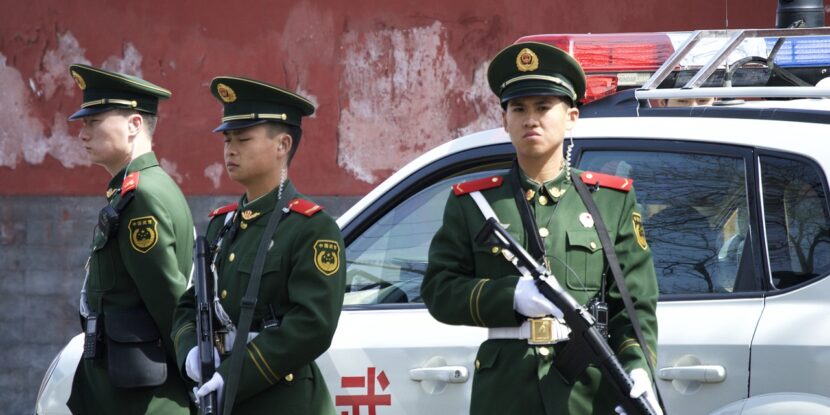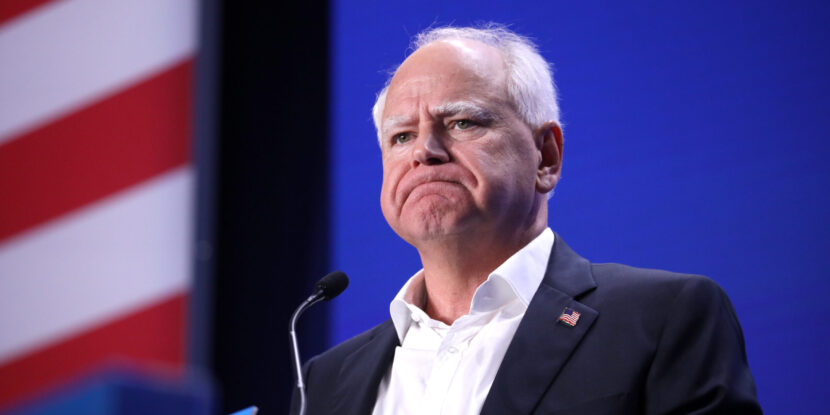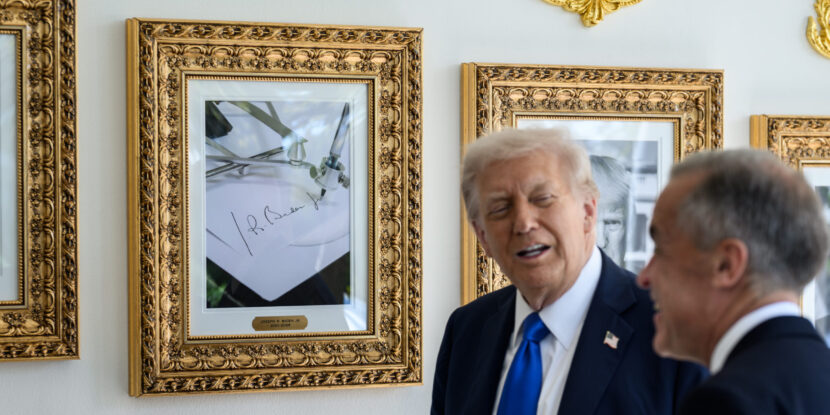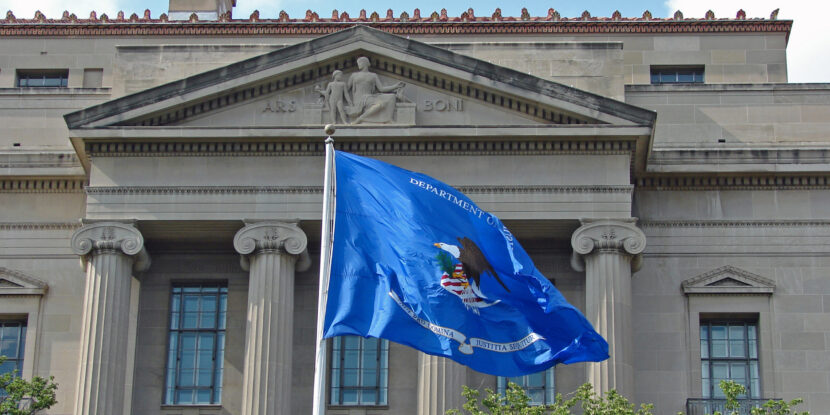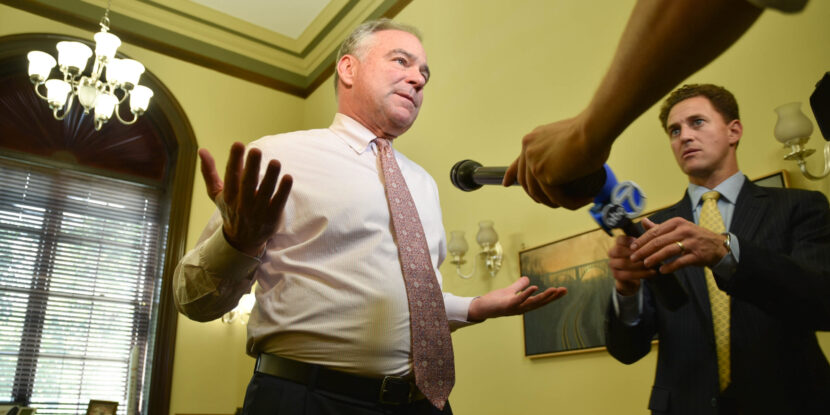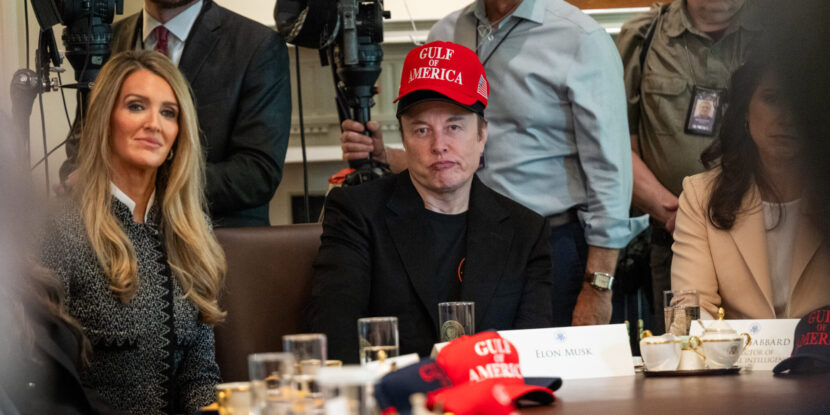❓WHAT HAPPENED: A U.S. federal government employee has been unable to leave China since April 14 after Chinese authorities in the city of Chengdu seized their passport, electronic devices, and credit cards. They were subsequently informed by Chinese officials that they are subject to an exit ban, meaning they cannot return to the United States without approval from Beijing.
👤WHO WAS INVOLVED: An unidentified U.S. Patent and Trademark Office (USPTO) employee, the U.S. Department of State, the Chinese Foreign Ministry, and Wells Fargo banker Mao Chenyue.
📍WHEN & WHERE: The U.S. government employee has been restricted from leaving China since April 14, 2025, with the Department of State confirming the situation in July.
💬KEY QUOTE: “We can confirm that a U.S. Patent and Trademark Office employee, while traveling to China in a personal capacity, was made subject to an exit ban in China.” — U.S. State Department
🎯IMPACT: The diplomatic row comes amid the ongoing trade conflict between the United States and China, along with heightened tensions regarding Beijing’s territorial aims on Taiwan.
China has placed an exit ban on a United States government employee, restricting the individual from leaving the country. According to the State Department, a staffer with the Department of Commerce’s U.S. Patent and Trademark Office (USPTO) is being barred from leaving China by Communist Party (CCP) officials in Beijing, along with a Wells Fargo banker who is normally based in the U.S. The USPTO employee has not been publicly identified.
“We can confirm that a U.S. Patent and Trademark Office employee, while traveling to China in a personal capacity, was made subject to an exit ban in China,” the State Department confirmed, adding: “We are tracking this case very closely and are engaged with Chinese officials to resolve the situation as quickly as possible.”
The U.S. federal government staffer has been unable to leave China since April 14 after Chinese authorities in the city of Chengdu seized their passport, electronic devices, and credit cards. Subsequently, the USPTO employee had their belongings released back to them on April 22, but was informed that they had to remain in China. Concerningly, the Chinese Foreign Ministry has said very little about the exit ban and addressed the matter only briefly during a press conference on Monday, stating that it “upholds the rule of law and handles entry and exit affairs in accordance with the law.”
In addition, the Chinese Foreign Ministry confirmed that it has barred Wells Fargo banker Mao Chenyue from leaving the country, claiming she is facing criminal charges. Chenyue, a U.S. citizen who was born in Shanghai, works as a managing director at Wells Fargo in Atlanta, Georgia. It remains unclear what charges Chenyue actually faces.
China does not recognize dual nationality, meaning individuals who were born in China or whose parents are of Chinese origin could be targeted by state security officials—especially if they are considered to be sympathetic to or involved with anti-CCP dissidents.
Notably, Chinese-British pro-democracy activist Jimmy Lai is currently being held by the CCP. The founder of the outspoken Apple Daily newspaper in Hong Kong is embroiled in a national security trial that could result in a life sentence. The charges include colluding with foreign forces, allegations widely criticized internationally as politically motivated.
Join Pulse+ to comment below, and receive exclusive e-mail analyses.
